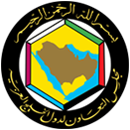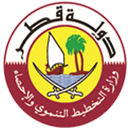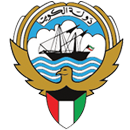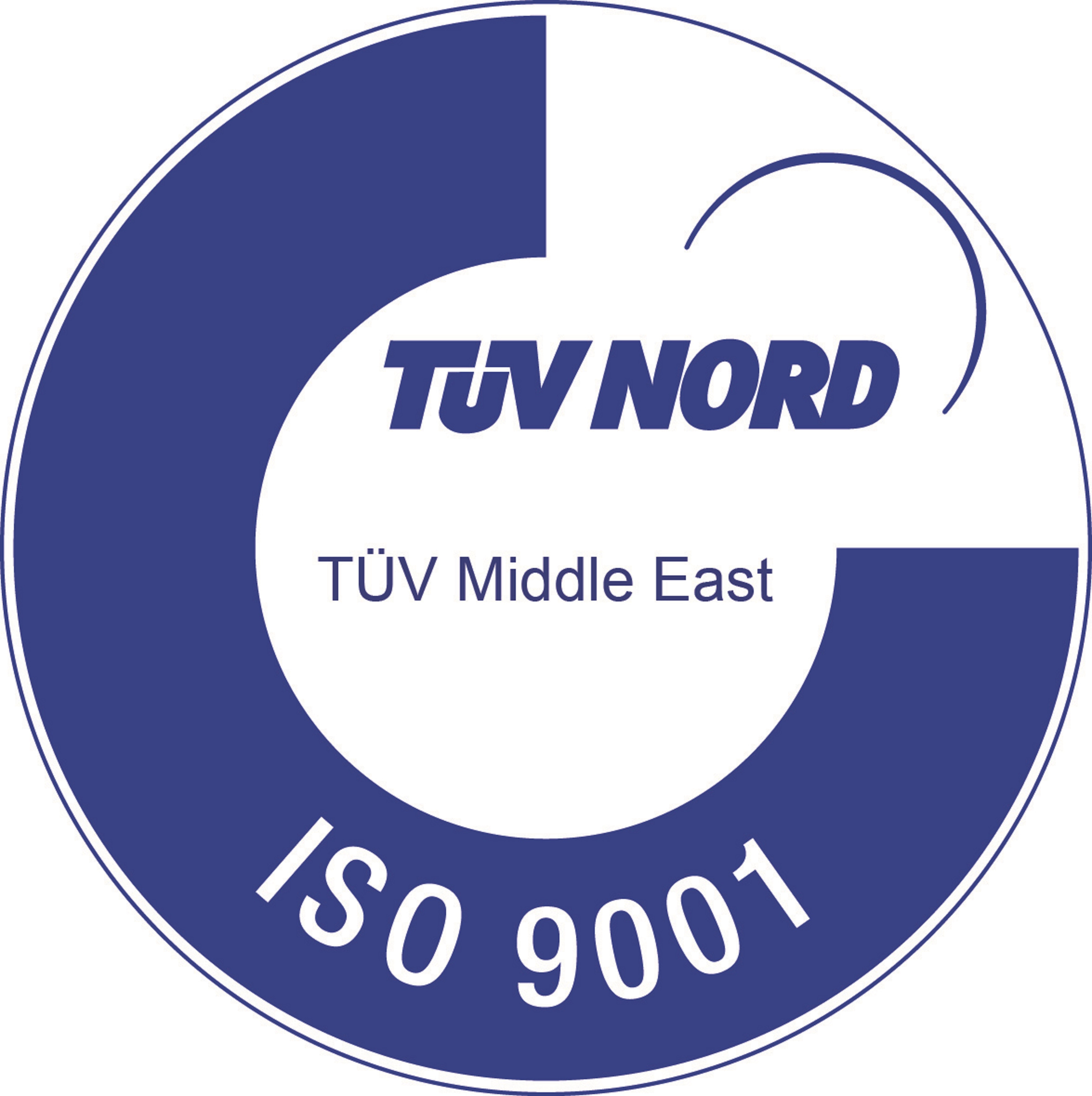
GCC-Stat Congratulates the UAE on its 43rd National Day
The Statistical Centre for the Cooperation Council for the Arab Countries of the Gulf (GCC-Stat) expressed sincere congratulations and best wishes to His Highness Sheikh Khalifa Bin Zayed Al Nahyan, President of the United Arab Emirates (UAE), and the people of the United Arab Emirates on the occasion of their 43rd National Day.
To coincide with the UAE national day celebrations, GCC-Stat has issued a comprehensive report showcasing the great achievements by the UAE in its march towards being one of the world’s most developed nations, in line with the forward-thinking vision of the UAE’s leadership.
The UAE has worked to develop and diversify the national economy in order to meet the requirement for sustainable growth, which has resulted in a strong economy that competes with some of the world’s leading economies. The local production in the UAE is valued at $US 402 billion increased by 8.1% in 2013 compared to the 2012 figure of $US 372 billion.
In the past four decades the UAE has grown to become the main commercial hub in the region, witnessing a tremendous increase in the foreign trade with the volume of exports (including oil) and imports in 2013 recording $US 413 billion, compared to $US 407 billion in 2012. During the same period, the total volume of exports increased by 0.4% in 2013 ($US 227 billion compared to $US 226 billion in 2012, recording a trade surplus of approximately $US 40 billion in 2013. The volume of imports, meanwhile, increased by 2.7% from $US 182 billion in 2012 to $US 187 billion in 2013.
As a result of its drive to increase its competitiveness as a leading hub for global businesses and to provide an environment that is attractive to businesses and investment nationwide, the UAE scored high results in The Global Competitiveness Report 2013-2014, jumping to rank 19 out of 148, compared to rank 24 in the 2012-2013 report.
Since it was founded in 1971, the UAE has focused strongly on human resource development, with a direct focus on the development of local communities. This drive has boosted the standards of living and placed the country – in a very short period of time - on top of the list of most developed nations. In fact, the UAE have been classified as one of the highest level nations in terms of human development as per the Human Development Report 2014.
The UAE has also rapidly improved their education sector to meet the highest international standards. The number of schools across the UAE stood at 1,184 in the school year 2012/2013, 58.4% of which were public schools. The number of students in the UAE schools surpassed 905,000 students in 2013, increasing by 14.6% when compared to the school year 2009/2010. Meanwhile, the number of teachers in public and private schools surpassed 62,000 teachers in 2013.
Higher education institutions in the UAE also enjoy a remarkable level of education quality, research and community service, providing the job market with high calibre and qualified graduates. There were 81 higher education institution in the UAE in 2013, compared to 78 in the previous year.
Highlighting the healthcare services in the UAE, it is noticeable that the country enjoys a high quality healthcare system in line with the comprehensive social and economy development witnessed in the country. The number of registered hospitals in the UAE stood at 107 in 2013, encompassing over 20,000 medical staff.
As the United Arab Emirates continues its march towards further achievements under the wise leadership of Highness Sheikh Khalifa Bin Zayed Al Nahyan along with Their Highnesses the Supreme Council Members and Rulers of the Emirates. GCC-Stat expresses best wishes to the UAE leadership and people of further progress and prosperity.
















